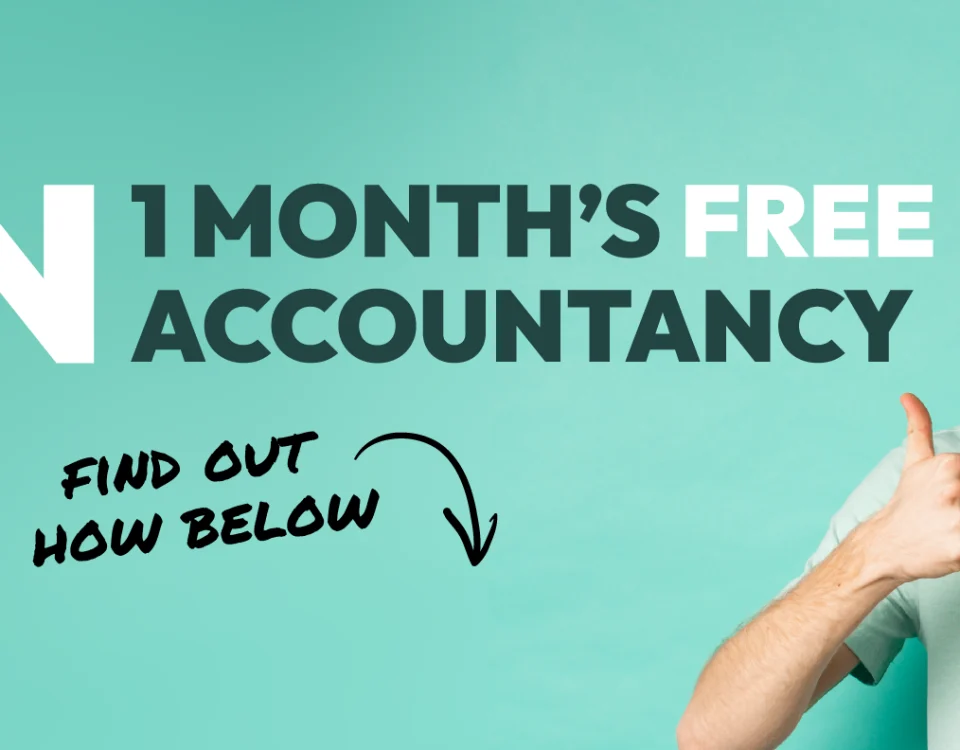Resources
Knowledge Hub
So, you have decided to become self-employed. You know what you want – you want to work for yourself. You want to set your own hours. You want to be in charge of your own work. But how do you make the jump from being just another cog in another business to becoming the business?
We understand that navigating the world of accounting and finance can be difficult as a freelancer or contractor. That’s why we have used over three decades of accounting experience to provide a variety of tools and guides specifically constructed for the self-employed to keep you as informed as possible.
From working out what you could earn going self-employed to deciding what business structure to use, indulge in our free resources to becoming a more informed contractor, and hopefully a better-paid contractor, too.
Our knowledge hub is here to assist and keep you well informed.
Starting up

Advantages and disadvantages of becoming a sole trader or limited company
There are both advantages and disadvantages to contracting through a private limited company. We've taken a look at both in our guide. Find out more here.

Contractor’s guide to finding a contract
As a contractor, there are a number of ways in which you can operate, but two key choices are: through your own limited company or under a PAYE umbrella.
Business structures

Do sole traders have a company registration number
In this simple guide, we’ll explain why sole traders aren’t given a Company Registration Number and answer other commonly asked questions on the subject.

Employing as a sole trader
Business is going well and you need another pair of hands to share the workload. You might be wondering if sole traders can employ staff. And if so, how do you go about it? Our guide explains more.
Compliance

Inside IR35
We’ve put together this article to guide you through the complicated tax legislation that is IR35. In it, we’ll focus on what it means to work ‘inside IR35’, and what you can do about it.

Outside IR35
As a contractor, your contract is either classed as inside or outside IR35. inside IR35 means that you provide your services to a client in a manner that reflects employment. What does working outside of IR35 mean? Let’s take a look.
Expenses

Hairdresser expenses guide
As one of the professions which consistently ranks highly in the index of happiest workers, hairdressing is, for many, a true vocation. Our article looks at expenses self-employed hairdressers can claim.

Trivial benefits
As a limited company director, there may be times when you want to treat your employees. If you’re looking for a way to provide tax-free gifts this simple guide to trivial benefits outlines everything you need to know.
Tax

Flat rate VAT scheme guide
The Flat Rate VAT Scheme is an alternative way for limited companies to work out how much VAT to pay HM Revenue and Customs – a perk you can enjoy as a contractor working outside IR35.

Sole trader tax
If you’re already a sole trader, or just thinking of starting out as one, it’s important to have a firm idea of the tax that you’re required to pay on your self-employed income.
Business services

Company dormancy
There's no need to part ways with your limited company, press the pause button with our company dormancy service.

Corporate tax
If you’re looking for a simple guide to Corporation Tax, you’ve come to the right place.
Financial guidance

Manage cash surplus
The first point to consider is how much of the company’s cash is available to invest, declare as dividends, etc.
Jargon

What are dividends
Want to learn more about dividends? We explore what they are, the dividend tax rate, and much more.

Business terms glossary
Are you looking to understand more of the complicated business terms & jargon you come across daily, our glossary will help you.
Marketing and sales

Advantages and disadvantages of becoming a sole trader or limited company
There are both advantages and disadvantages to contracting through a private limited company. We've taken a look at both in our guide. Find out more here.

Contractor’s guide to finding a contract
As a contractor, there are a number of ways in which you can operate, but two key choices are: through your own limited company or under a PAYE umbrella.
 Calculate your take-home pay.
Calculate your take-home pay.
Calculations are for illustration purposes only and are based on a series of assumptions
ASSUMPTIONS
GENERAL:
Based on rates and thresholds for 2023/24.
Assumes 12 months worked post 6th April 2023
No income from other sources in the tax year
Working 40 hours per week over 52 weeks
UMBRELLA
1257L tax code
Includes Parasol's umbrella solution margin - Can vary by agency
LIMITED
Assignments are not subject to IR35
Includes flat rate VAT benefit for the first year at 15.5%.
Director's fee of £229 per week
Includes Caroola accountancy fee
Claiming £265 expenses per week
Claiming 200 business miles per week












